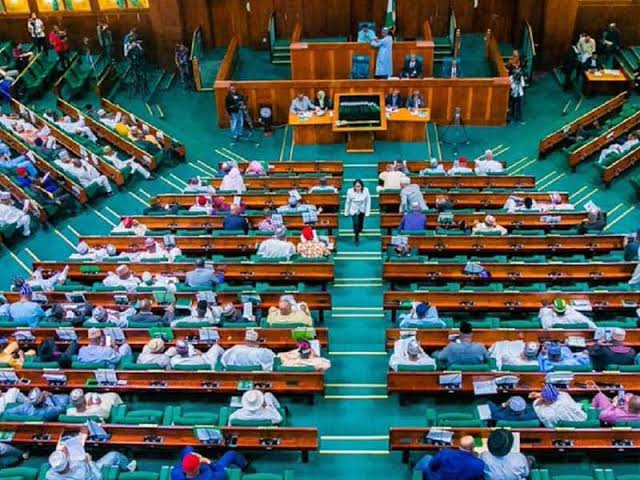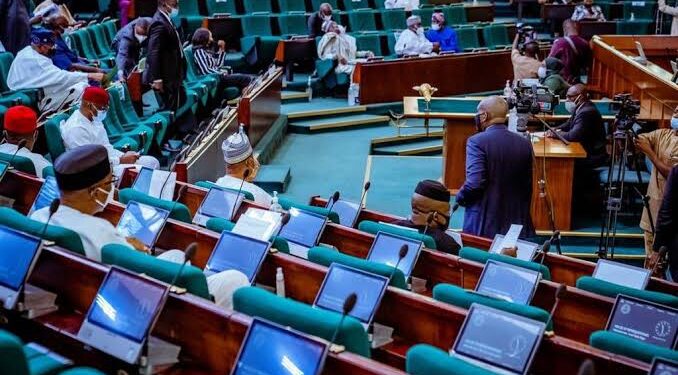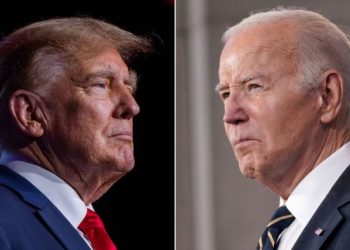Nigeria’s House of Representatives shut down a bill aimed at expanding the reach of Islamic Law within the 1999 Constitution. The bill, proposed by Bauchi lawmaker Aliyu Misau, sought to drop the word “personal” from sections referring to “Islamic personal law” – a seemingly small edit with massive implications.
Misau argued that the word “personal” limits Islamic law to family issues, leaving out important areas like Islamic commercial law, which has grown since the constitution was last updated. He pointed to the rise of institutions like Jaiz Bank, which operates under Islamic banking principles. Misau made a case for updating the constitution to reflect what he calls “the dynamism and development” Nigeria has seen.

But not everyone was convinced. Southern lawmakers viewed the bill as a slippery slope toward expanding the application of Islamic law into areas the constitution’s drafters had carefully restricted. Bamidele Salam from Osun State bluntly reminded the House that Nigeria is a secular state. “We must be careful with any constitutional changes that risk deepening divisions in our country,” he cautioned. Citing historical battles over Islamic law in past constitutional assemblies, Salam argued the “personal” limitation was intentional and necessary to preserve Nigeria’s religious balance.
Northern lawmakers, like Abdulhakeem Ado from Kano, were vocal in support, arguing that Islamic Commercial Law is essential and should be officially recognized. Lawmakers Saidu Abdullahi and Ahmed Satomi from Niger and Borno States also backed the amendment, stating that economic developments had made the restriction outdated.
Their Southern counterparts, however, didn’t budge. Jonathan Gaza, Ademorin Kuye, and Awaji-Inombek Abiante from Nasarawa, Lagos, and Rivers States pushed back against the bill. Their stance was echoed by Rivers lawmaker, whose blunt opposition highlighted a core concern: expanding Islamic law could threaten Nigeria’s secular constitution by introducing faith-based commercial and civil laws on a broader scale.
When Deputy Speaker Benjamin Kalu put the bill to a voice vote, the opposition’s victory was clear. “The implication,” Kalu noted, “is that removing ‘personal’ could broaden Islamic law’s influence. The word ‘personal’ was included for a reason.” With that, the majority firmly shut down the bill, citing concerns for Nigeria’s delicate balance of law and religion.

















